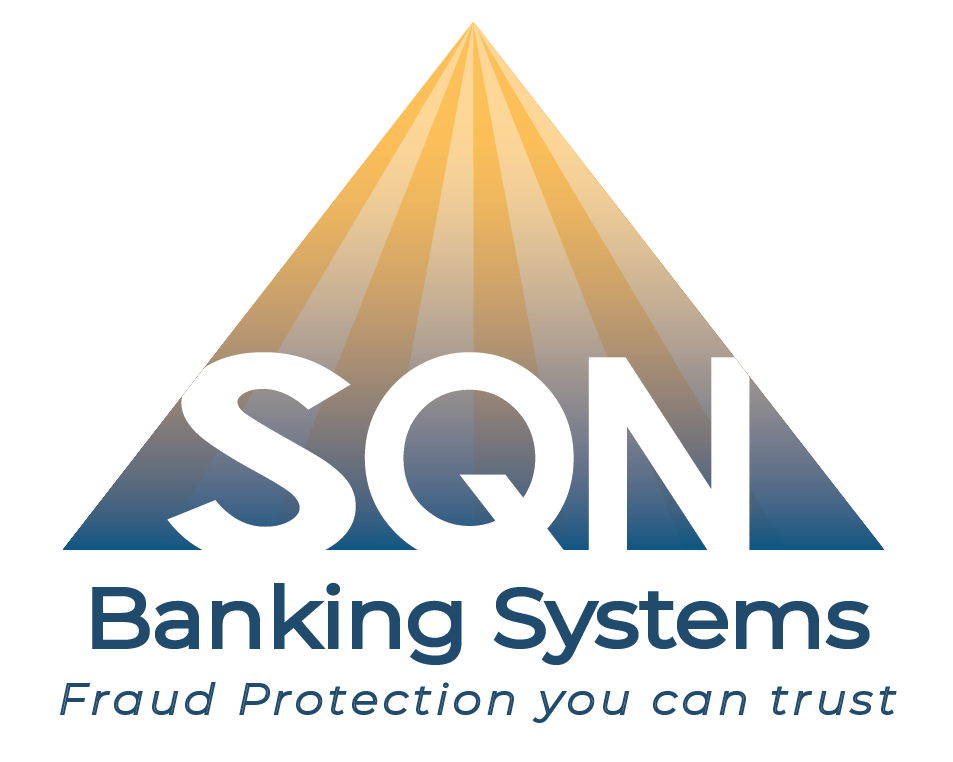How to Detect Check Kiting at Your Financial Institution

Perhaps one of the most common types of check fraud, check kiting involves writing a check from an empty account to create the illusion of a balance in another account and then withdrawing the funds. This scam can take a variety of forms with different levels of severity, and ideally, you should have anti-fraud solutions that can help you detect the full range of kiting schemes. Here is what you need to know.
Examples of Check Kiting
If someone writes a check at the grocery store a few days before getting paid and hopes that the check won’t hit their account until their paycheck is deposited, they may feel like they aren’t doing anything wrong, but in reality, they are taking advantage of the float time to spend funds they don’t have. This is kiting, and it is illegal.
This type of kiting doesn’t necessarily pose a direct threat to your financial institution. Theoretically, as long as the account holder deposits their paycheck in time, your financial institution isn’t likely to suffer any losses. However, this behavior is symptomatic of poor financial habits, and these customers are likely to engage in other activities that may hurt your bank, such as overdrawing their accounts or not repaying lines of credit.
At the other end of the spectrum, kiting may lead to hundreds of thousands or millions of dollars in losses. For instance, a 26-year-old man in Syracuse, New York ran a check-kiting scheme that involved depositing and cashing fraudulent business checks, and along with a team of eight other scam artists, he was able to steal $350,000.
In Ohio, a healthcare executive ran a check-kiting scheme that involved writing multiple checks from several different business accounts, and his actions defrauded the bank of $59 million.
Signs of Check Kiting
To protect your financial institution from check kiting losses, you need anti-fraud solutions that look for the following red flags:
- An unusual number of deposits followed by quick withdrawals, often daily or several times per week
- Matching dollar amounts for debits and credits
- Checks drawn from a bank account owned by the account holder at another financial institution
- Covering overdrafts with personal checks rather than payroll checks or direct deposits
- A large volume of account balance inquiries
- Regular use of different branches to make deposits and withdrawals, to avoid drawing suspicion
- Frequent use of ATMs to deposit checks and make withdrawals
- Regular or excessive withdrawals against uncollected funds (checks that haven’t cleared yet)
- Deposits of large checks drawn on non-local or foreign banks
- Frequent large deposits from the same account
- An unusually large number of check deposits every day or week
- Low average daily balance compared to deposit activity
- Volume of activity on business accounts that do not fit the nature of the business
Keep in mind that some people use their own accounts to perpetuate check-kiting schemes, but in some cases, scam artists may convince your account holders to help with checking kiting schemes. For instance, a scam artist may convince an account holder to deposit and cash a check with the promise that they will be compensated for their actions.
Alternatively, scam artists may force account holders to help them — in the Syracuse case mentioned above, victims were subjected to violence and forced to deposit fraudulent checks at gunpoint.
Tools to Detect Check Kiting
To detect possible kiting, you need more than traditional check fraud detection solutions. You need anti-fraud solutions that analyze transactions across your financial institution to detect signs of inconsistency and fraud in ACH payments, wire transfers, internet banking, mobile banking, and more.
SENTRY: Detect from SQN Banking Systems performs cross-channel reviews of transactions throughout your financial institution and builds a 13-month history to create customer profiles to detect aberrations in behavior. Then, it alerts you about potentially suspicious activity so you can manually review the account activity and make a decision.
Ready to learn how our anti-fraud tools and solutions can help your financial institution avoid losses from check kiting? Then, contact us today.
